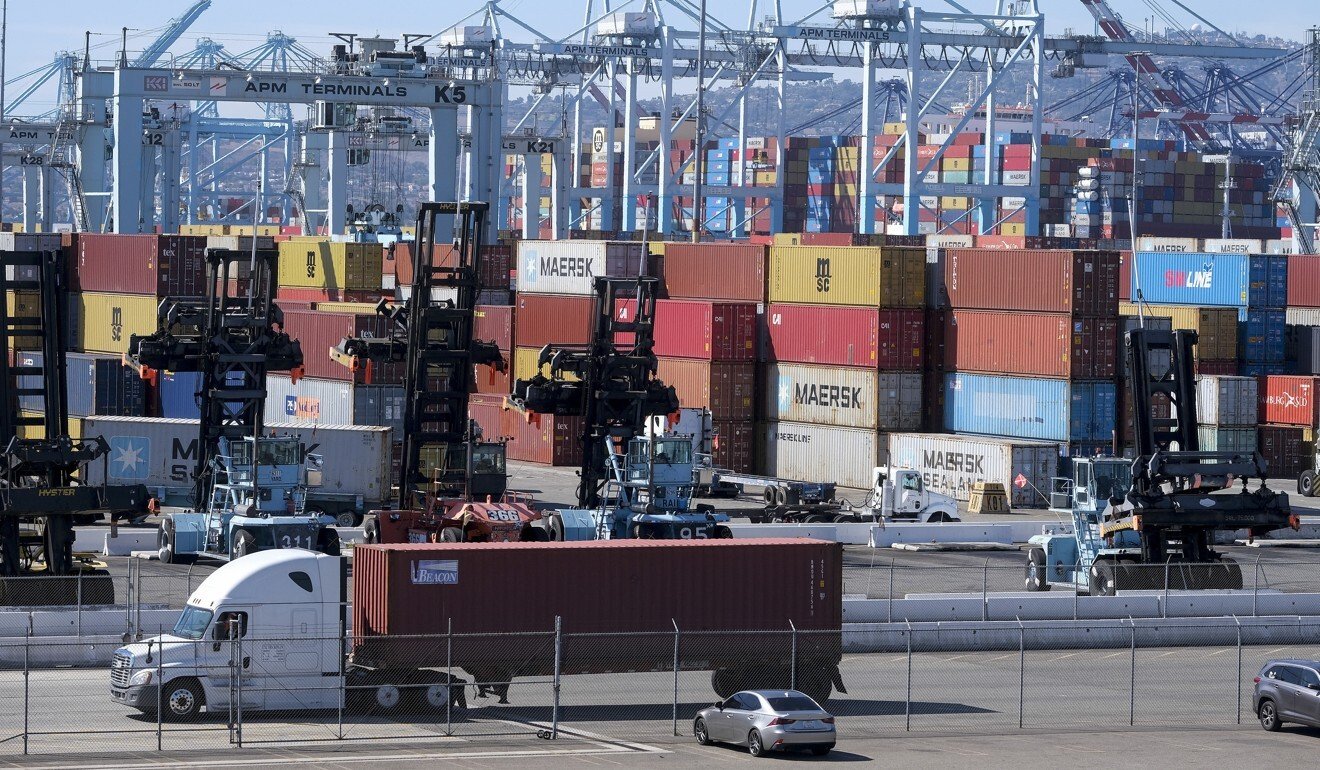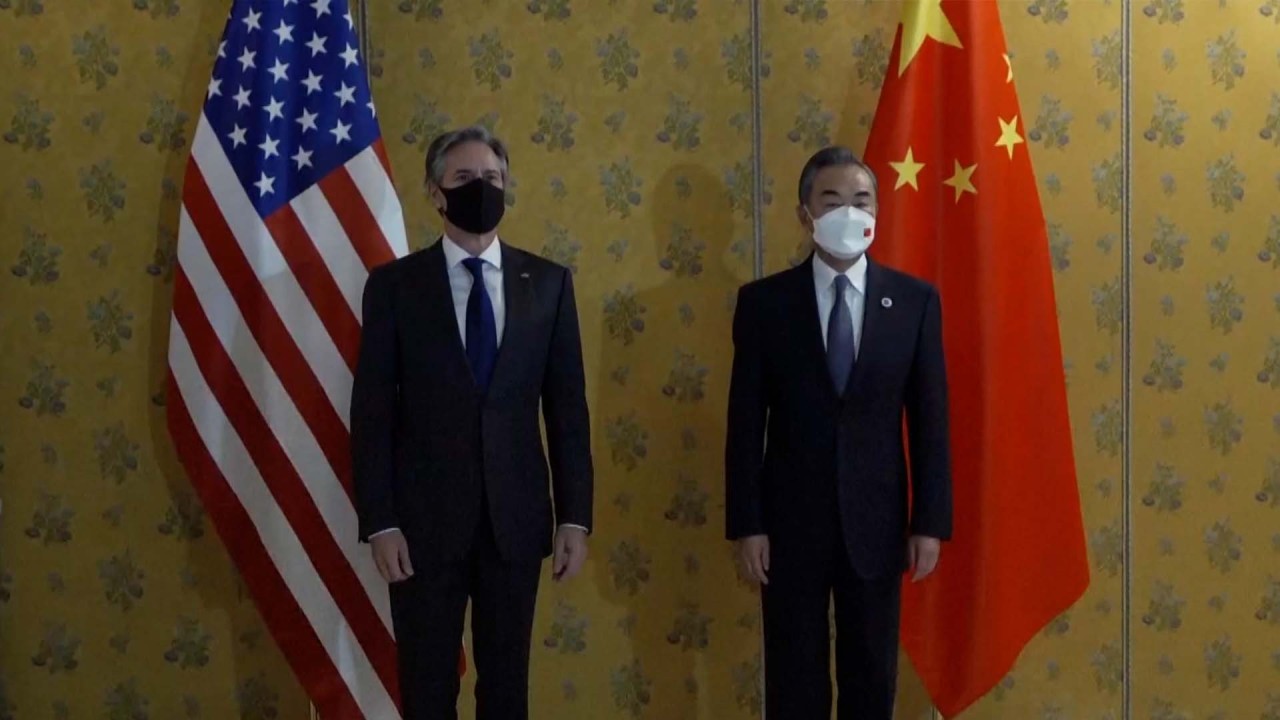
US aims to ease semiconductor crunch by working more closely with allies and private sector, says senior US official
- The US will build on the momentum from the G20 summit that took place in Rome last week
- Supporting Taiwan should be part of a broader plan to secure the semiconductor supply chain, a former policymaker said
The semiconductor supply shortage is among the most urgent issues the US government is focused on, said Matt Murray, a senior official in the Bureau of Economic and Business Affairs at the State Department.
And the US has “very much prioritised government to government exchanges and dialogues” to see “what we can do on international engagement to help ameliorate the short term disruptions”, Murray said at a department briefing.

Their conversations were “incredibly important” to touch upon areas like transparency, diversity, supply, security, and sustainability, all of which are “very relevant to the challenges we’re currently facing in the semiconductor sector”, Murray added.
The supply chains for semiconductors, microchips that are crucial in every electronics product, were pressured by the Covid-19 pandemic when demand spiked for laptops and video game consoles as people stayed at home.
Automobile sales bounced back faster than expected in the third quarter last year. That has sent semiconductor supply further into a downward spiral.
US stepping up operations in South China Sea, researchers say
More recently, the major US ports in Los Angeles and Long Beach have experienced backlogs that have caused further jams in transporting goods to final destinations.
International engagement has been central to Biden’s supply chain strategy. The president issued an executive order earlier this year to emphasise the importance of working with partners and allies on supply chain resiliency and security.
To protect global supply chain, according to the order, the United States needs to make sure “allies and partners have also identified and prioritised the critical goods and materials”.
The White House released a report in June in addressing overall supply chain issues, in which it stressed the need to “work with allies and partners to decrease vulnerabilities in the global supply chains”, including recommending the president to host a new presidential forum to specifically address these issues.

01:07
No change to US’ one-China stand on Taiwan, Blinken tells Wang Yi on G20 sidelines in Rome
Thomas Duesterberg, a senior fellow at the Hudson Institute, a Washington-based think tank, said Taiwan would need to become a more crucial part of the supply chain solution.
A former assistant secretary for international economic policy at the US Commerce Department, Duesterberg said in a separate panel discussion on Biden’s Asia trade policy on Wednesday that the US must support the island’s leadership in semiconductors.
“The United States has lost a step or two in its leadership in the world, at least in the ability to fabricate semiconductors,” Duesterberg said. “And Taiwan, through massive investments, has stepped into the role of being the leading semiconductor producer.”
Shanghai’s big vision to lead world in next-gen tech is light on detail
Murray on Wednesday also stressed the importance for the government to engage with the private sector. He said the department has had discussions with semiconductor producers and manufacturers.
“Many of our supply chains are almost entirely owned and operated by the private sector, but government can play a key role, identifying supply chain risks and bringing different actors together,” he said.
The White House, for example, launched an inter-agency early alert system for coronavirus-related shutdowns to semiconductor manufacturing facilities, with a particular focus on Southeast Asia. The system helps detect potential disruptions early to coordinate with trading partners in the private sector to mitigate the impact.
US embassies in Southeast Asia are playing a key role in this effort, particularly in Kuala Lumpur, Hanoi, Jakarta, and Bangkok.
Also as part of the government effort to improve chip supply chain transparency, the Commerce Department launched an information request in September asking parts of the supply chain, including producers, consumers, and intermediaries, to voluntarily share information identifying and addressing chip bottlenecks.
Additional reporting by Owen Churchill

